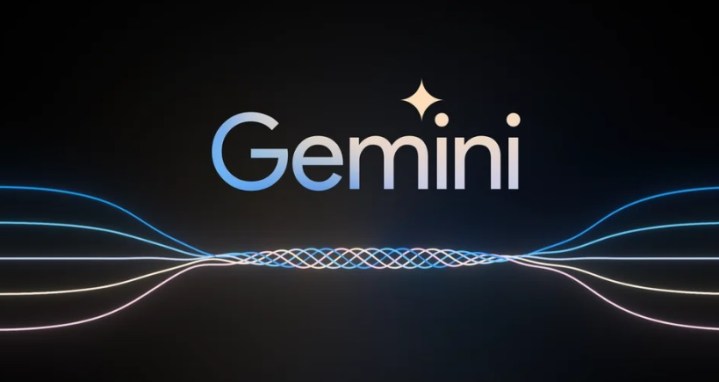
As we approach Apple’s Worldwide Developers Conference (WWDC) in June, the rumor mill has been abuzz with claims over Apple’s future artificial intelligence (AI) plans. Well, there have just been a couple of major developments that shed some light on what Apple could eventually reveal to the world, and you might be surprised at what Apple is apparently working on.
According to Bloomberg, Apple is in talks with Google to infuse its Gemini generative AI tool into Apple’s systems and has also considered enlisting ChatGPT’s help instead. The move with Google has the potential to completely change how the Mac, iPhone, and other Apple devices work on a day-to-day basis, but it could come under severe regulatory scrutiny.
The partnership comes as something of a surprise, given recent rumors about Apple’s AI efforts. For months, leaks and rumors have claimed that Apple has been working on its own generative AI model, dubbed Ajax, that would potentially power all manner of features inside Apple’s operating systems. There’s been talk of how many of Apple’s apps and services, from Pages to Siri, could be smartened up with its own AI. Yet, that idea seems to have taken a blow after Bloomberg’s revelation.
That’s not the only reason why this rumored deal may seem startling. For one thing, we know that Apple likes to have control over its systems, and that often means developing new features in-house. Will Apple be happy to sign over such an important new development to another company?
In addition, Apple and Google have been rivals for years. The two companies have very different philosophies: Google often prefers to use the cloud to increase speed and performance. For Apple, the priority is doing things on-device to boost user security and privacy. The question many people will be asking is how two very different tech firms can find a compromise that works for both of them and boosts your iPhone’s capabilities.
Siri, powered by Gemini

Yet Apple and Google are not averse to working together. The two have a deal for Google to be the default search engine on Apple devices, after all, with many people complaining that it makes it difficult to change your default search engine in iOS and macOS.
However, I think what this mooted deal really suggests is that Apple’s own AI is nowhere near ready for prime time. If it were, it wouldn’t need to enlist the services of Gemini or ChatGPT. Apple doesn’t want to fall behind its AI rivals any further, but it looks like it doesn’t have time to finish its own model.
So, if Gemini is coming to an iPhone near you, what kind of features will it offer? Bloomberg reporter Mark Gurman believes Gemini’s AI features will “theoretically be baked into Siri and other apps.” Apple’s in-house AI, meanwhile, would be “focused on proactively providing users with information and conducting tasks on their behalf in the background.”
If Apple picks Gemini to power its generative AI efforts, that could be a major boost to Siri, potentially giving Apple’s assistant the shot in the arm it needs to catch up with rival services. Right now, the gulf between Siri and generative AIs like ChatGPT is absolutely enormous.
How long will the deal last?

Interestingly, we know that Apple is pouring resources into giving its generative AI model a leg up, perhaps so that it can one day take over from the likes of Gemini on your device. That’s because a recently published research paper from Apple shows how the company’s in-house generative AI has been trained on a mixture of text and images, which enabled it to achieve “state-of-the-art few-shot results” across a range of benchmarks.
The model, dubbed MM1, has been able to perform in-depth, multi-step reasoning without needing much prompting from the user. Apple claims it also exhibits impressive performance when it comes to image captioning and working out natural-language meanings.
According to VentureBeat, “This points to the potential for large multimodal models to tackle complex, open-ended problems that require grounded language understanding and generation.” Yet it looks like all of that will have to wait for another time, what with Apple seeking a deal with Google to integrate Gemini into its devices. Gurman doesn’t believe Apple will reveal its Gemini partnership at WWDC, but I wouldn’t be surprised to see it announced later this year. If that’s the case, it may be a long time before Ajax gets the go-ahead.
There’s another big question, though: How long Apple will want to stick with Gemini powering its services? With regulatory measures and privacy concerns possibly rearing their heads, I expect Apple will want to switch to its own Ajax AI model sooner rather than later. But if Ajax truly isn’t ready yet, when exactly that will happen is anyone’s guess.
Editors' Recommendations
- ChatGPT shortly devolved into an AI mess
- This one image breaks ChatGPT each and every time
- This is Pi — one of the most amazing Android apps I used in 2023
- Here’s why people are claiming GPT-4 just got way better
- 2023 was the year of AI. Here were the 9 moments that defined it



